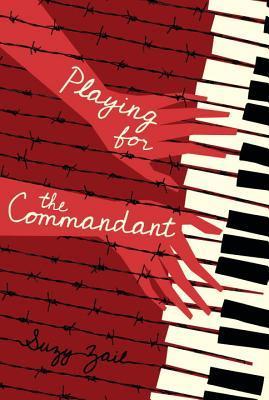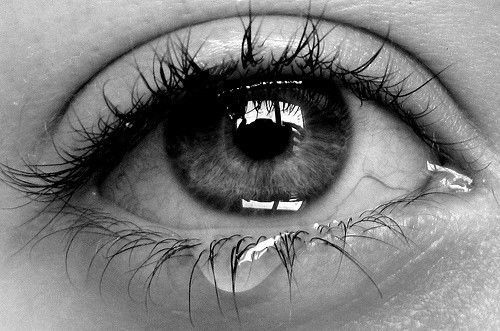What do you think?
Rate this book


249 pages, Hardcover
First published March 1, 2012
The story of a Jewish girl sent to Auschwitz with her family. She falls in love with the wrong boy – the German son of the camp commander.
“Hanna Mendel liked to know what was going to happen next. She was going to be a famous concert pianist. She was going to wear her yellow dress to the dance on Saturday night.
But she didn’t plan on her street being turned into a ghetto. She didn’t plan on being rounded up and thrown in a cattle truck. She didn’t plan on spending her sixteenth birthday in Auschwitz, in a wooden barrack with two hundred other prisoners.”


